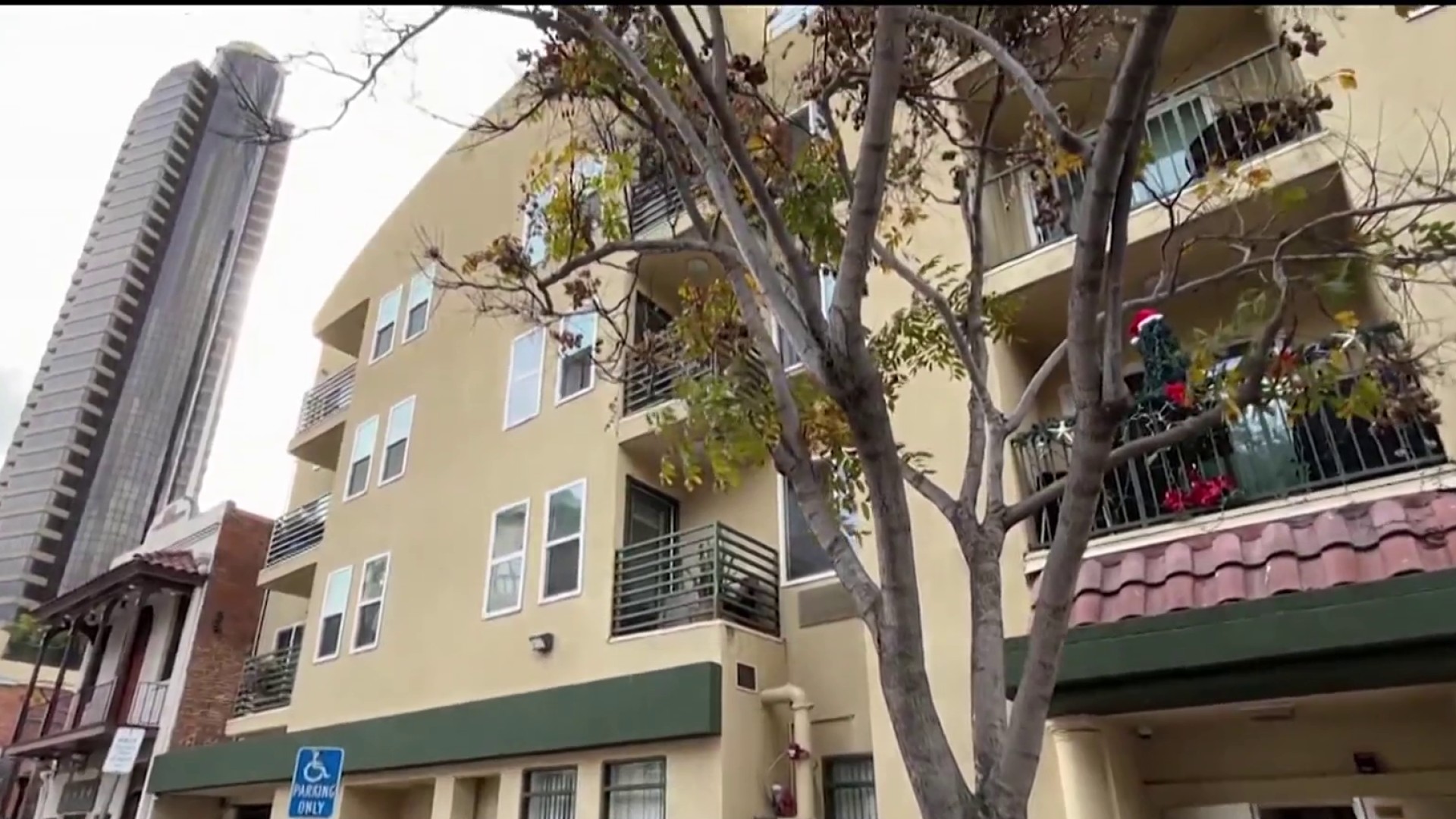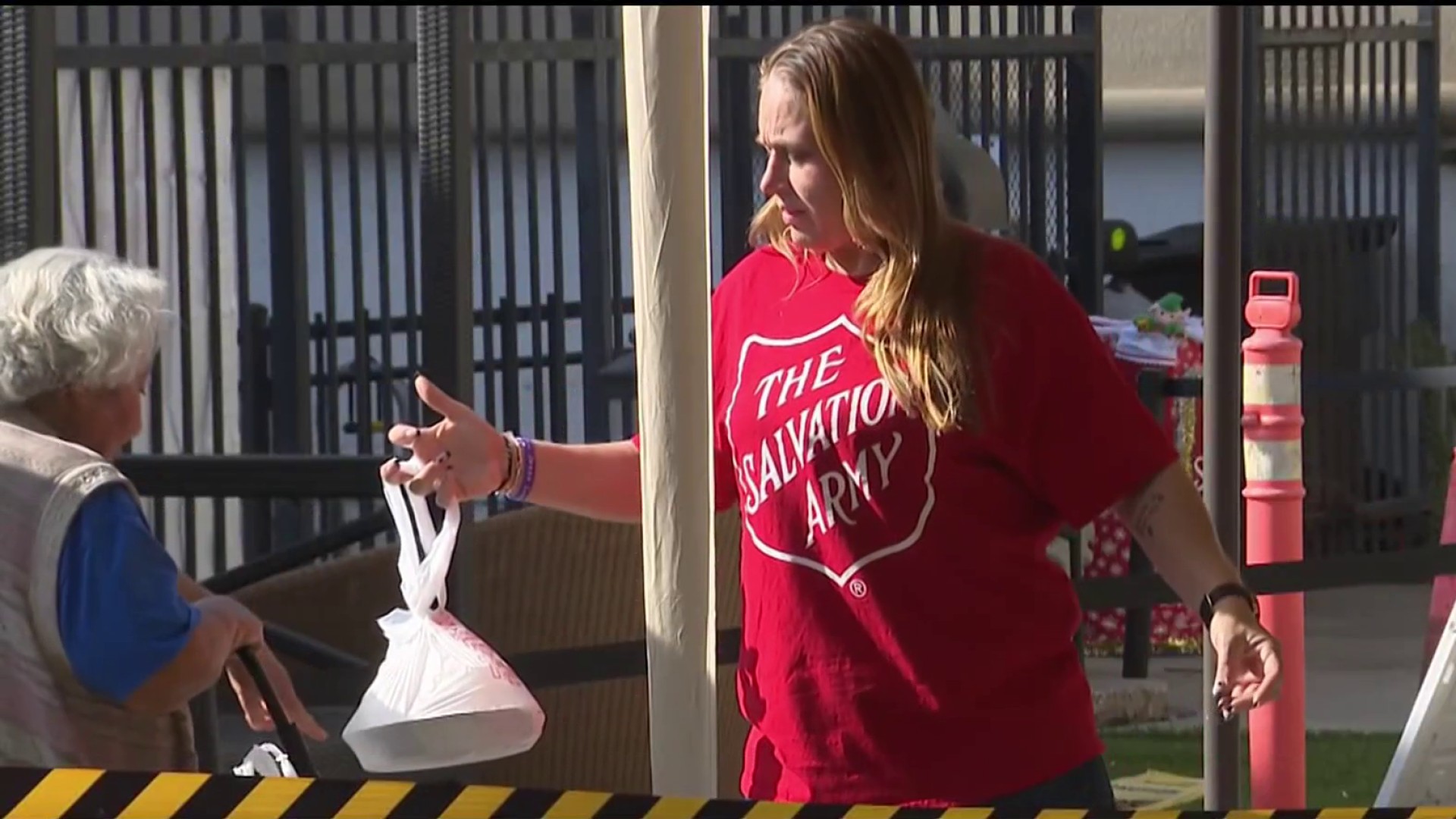The San Diego police oversight agency on Wednesday held a community hearing on pretext stops, as the department looks to rebuild trust while contending with a racial disparity in who gets stopped.
Pretext stops are when police pull someone over for a minor violation as an excuse, or a pretext, to look for other crimes.
“It develops a mistrust in police when you're stopped for, you know, a lapsed registration, but they're really stopping you to try to do an investigative stop and search your car,” said Gloria Tran, chair of the San Diego Commission on Police Practices.
The commission is the San Diego Police Department’s new oversight agency, which reviews complaints against police and makes recommendations for policy changes. The commission hosted the meeting Wednesday at the George L. Stevens Senior Center in San Diego's Encanto neighborhood.
Get top local stories in San Diego delivered to you every morning. >Sign up for NBC San Diego's News Headlines newsletter.
Police Chief Scott Wahl was among those who took part.
“In order for us to have trust – this is my first priority – we have to have dialogue, we have to be willing to listen to each other and talk and work together on these tough issues,” Wahl said, thanking those who attended.
NBC 7 Investigates analyzed 666,406 stops by San Diego police over five years, from 2019 through 2023. City data shows more than half the people stopped were Black or Hispanic, even though – according to the latest Census – most San Diegans are white.
Local
“When officers have biases, they tend to stop people more than others,” activist Tasha Williamson said.
Williamson often advocates for people who believe they’ve been improperly stopped by police.
“They feel like they're not free,” Williamson said. “They feel that they are less than human beings, that we have gone back to a time where some people were less than a man, you know, less than a woman.”
Tran said, along with deeper research and data analysis, the community feedback from Wednesday’s hearing would help the commission in making recommendations to SDPD for any policy changes on pretext stops in the coming months.
“We're one community and if a part of your community feels like they're being targeted, that's not OK,” Tran said. “We want all San Diegans to feel that they are important, that they are going to be a focus of public safety, so it really does affect everyone in some way or another.”
Wahl called it "a deliberative process."
“It’s about listening and understanding where people are coming from," Wahl said. "It’s about talking about the concerns that we all have in terms of crime in the neighborhoods and finding the approaches that we can all buy into.”
Wednesday marked the commission’s second community hearing, after a March meeting on police pursuits. The commission issued its preliminary recommendations on that matter in July.



